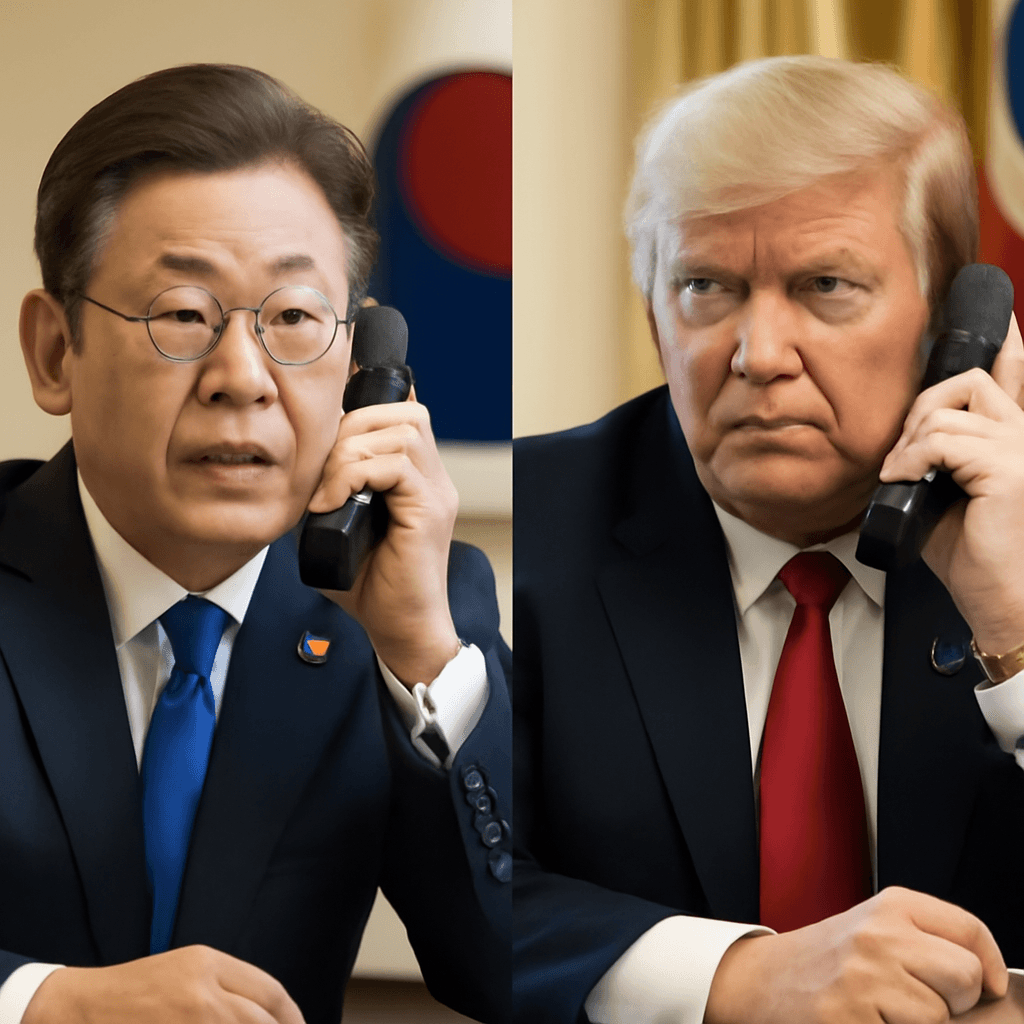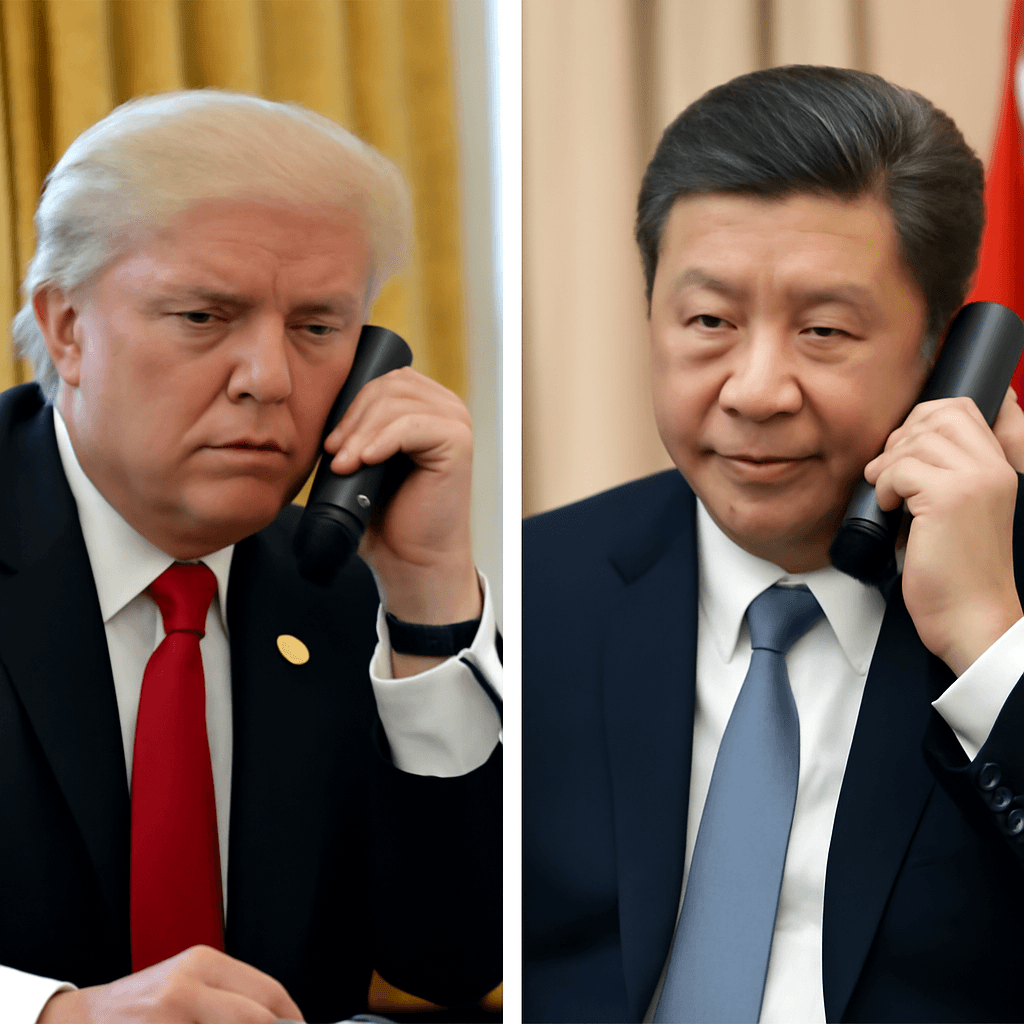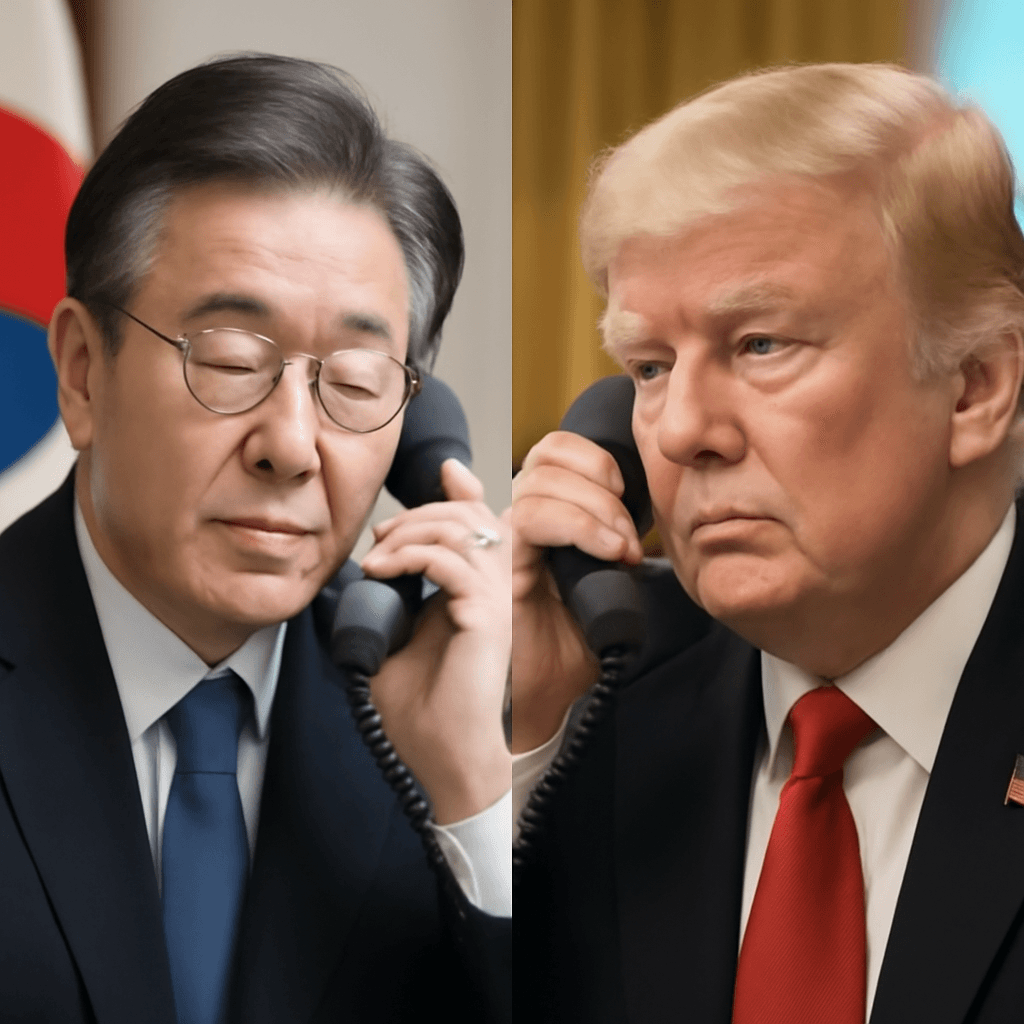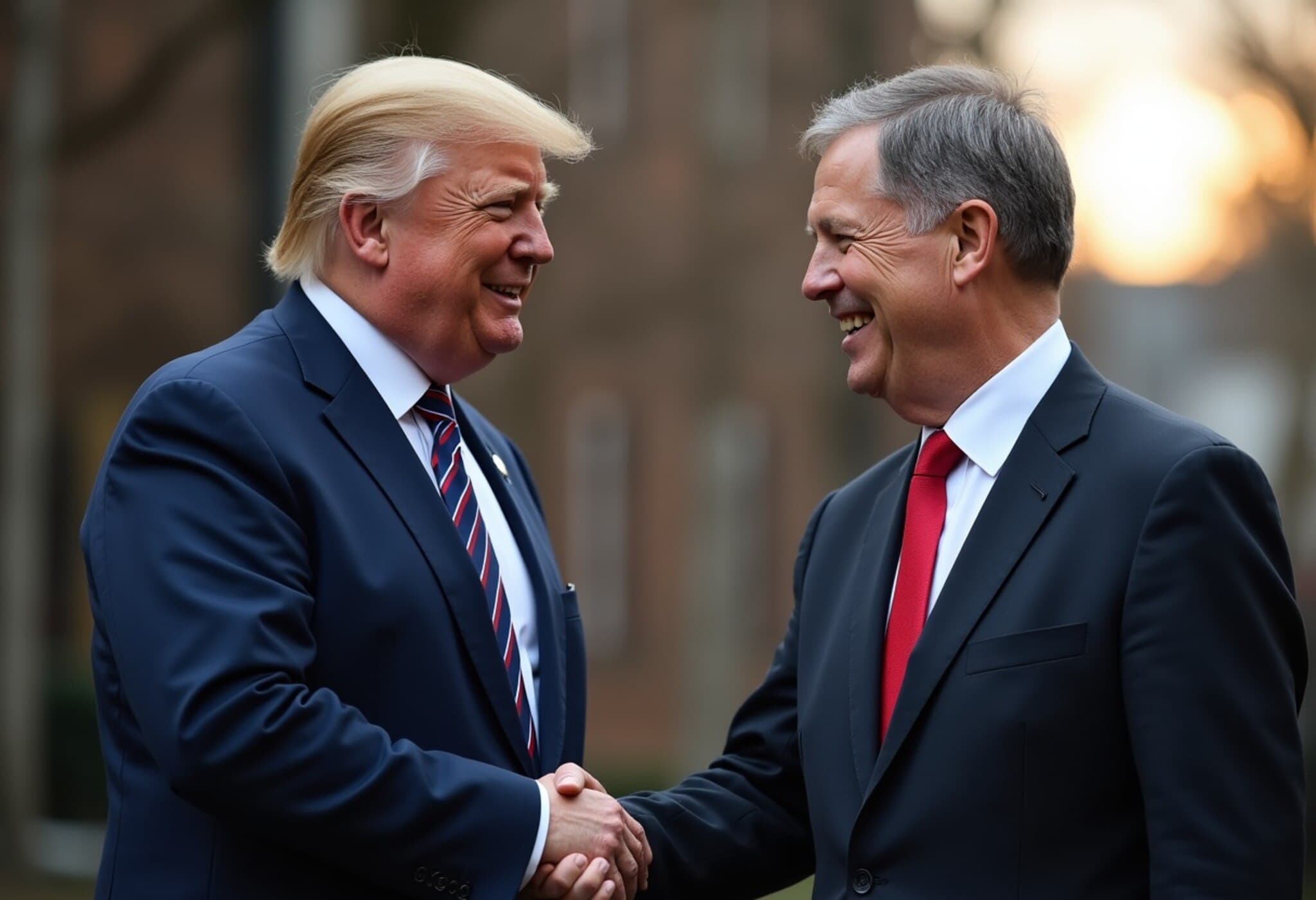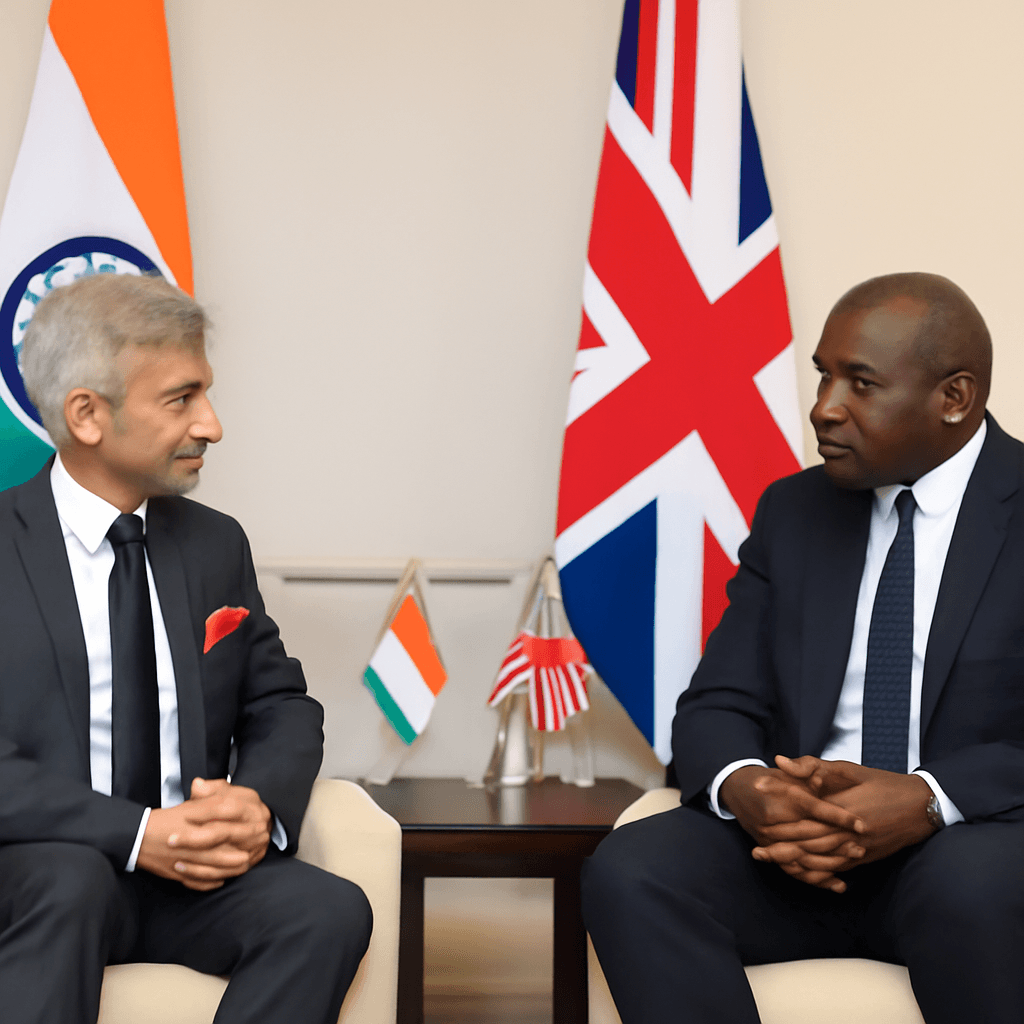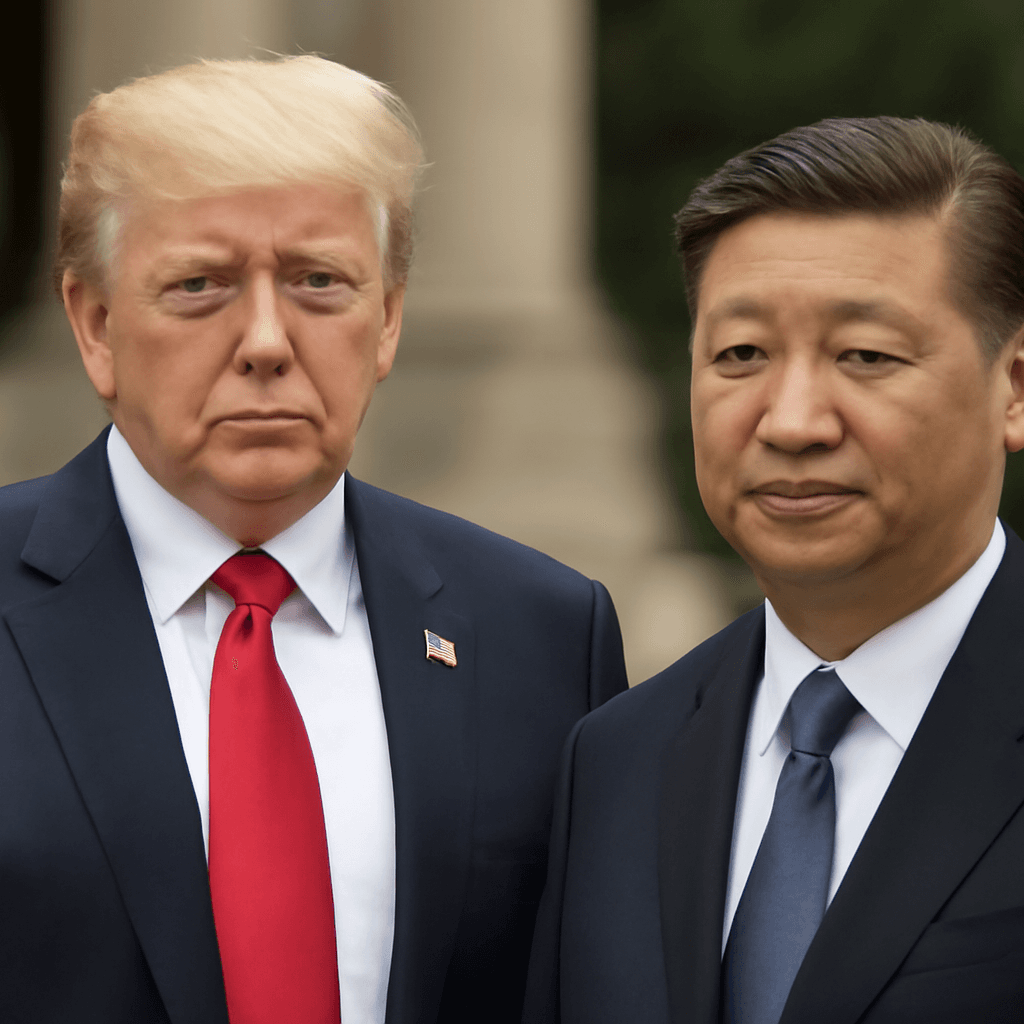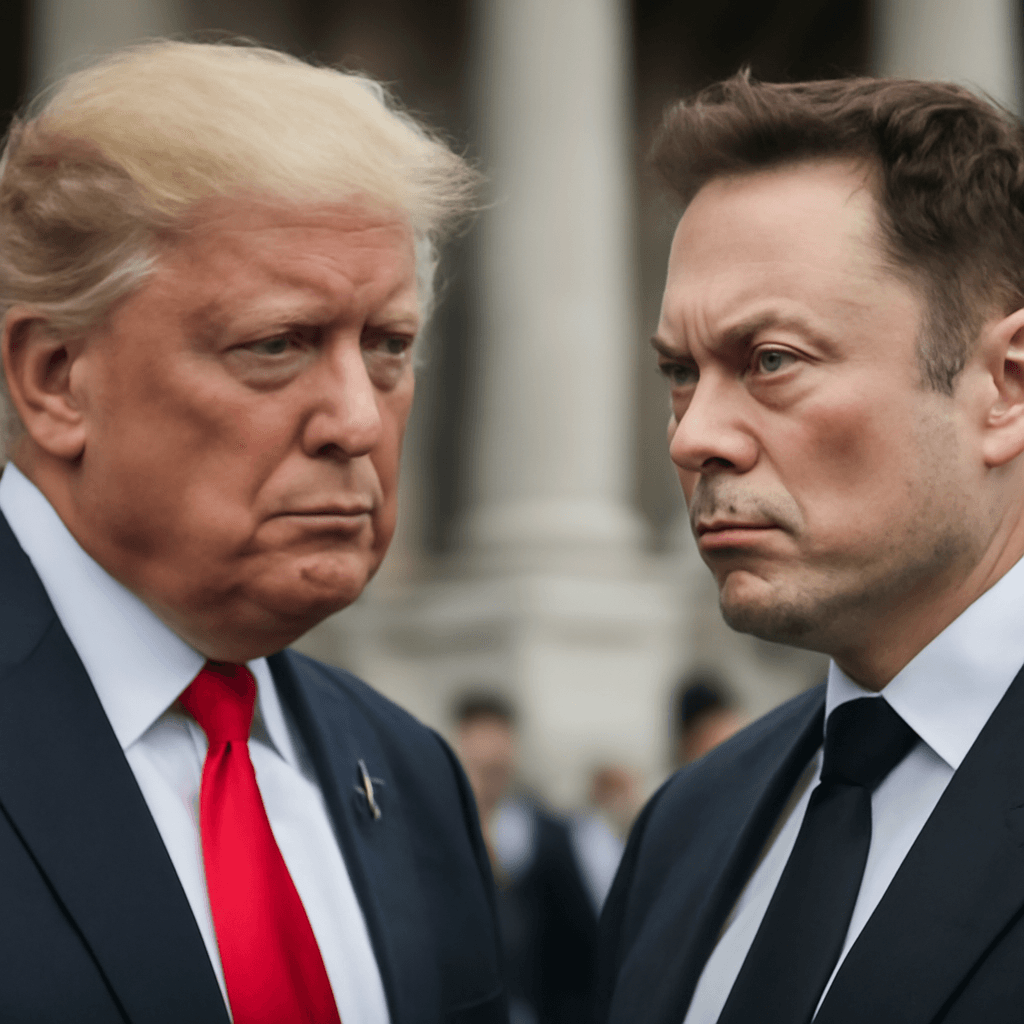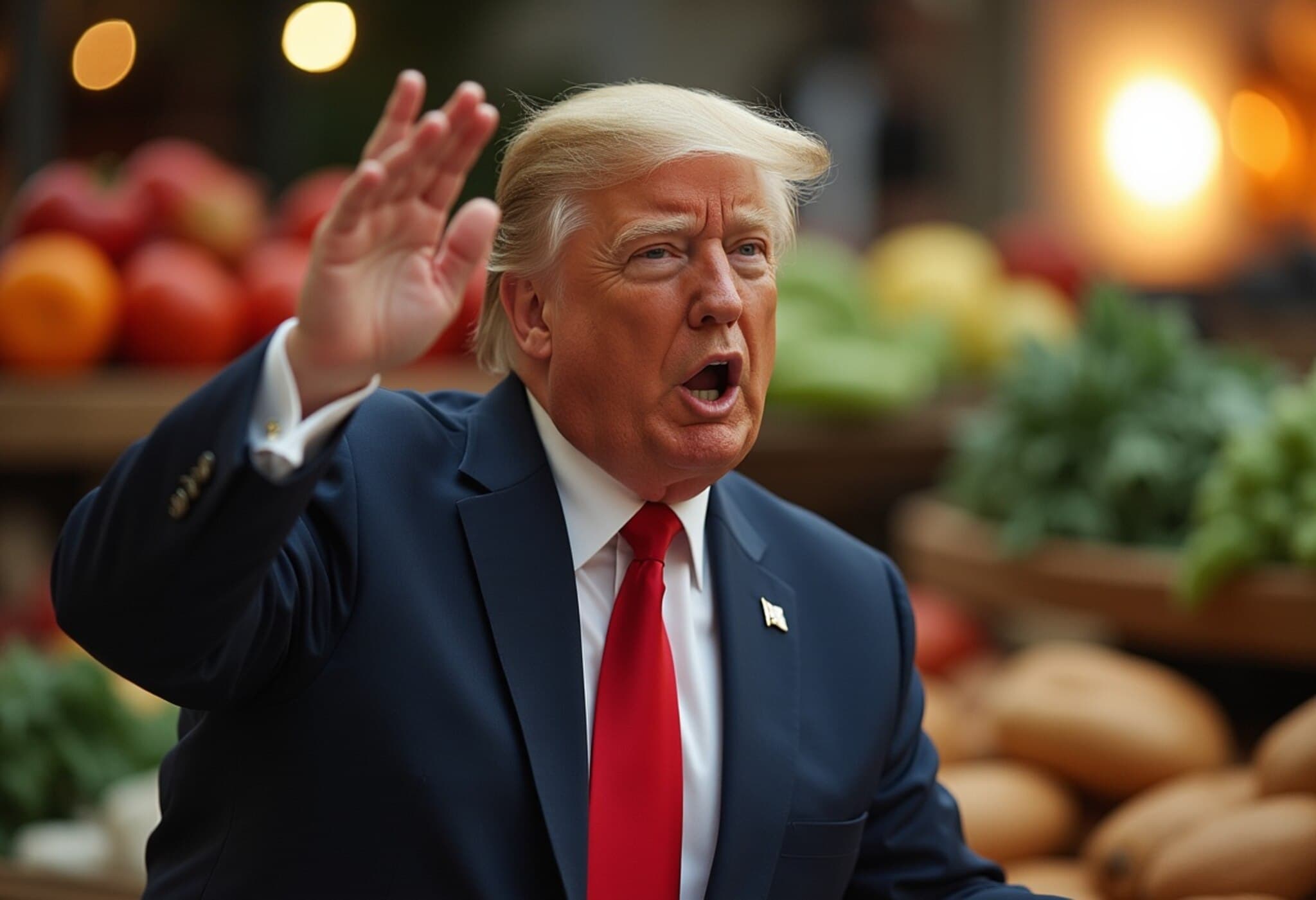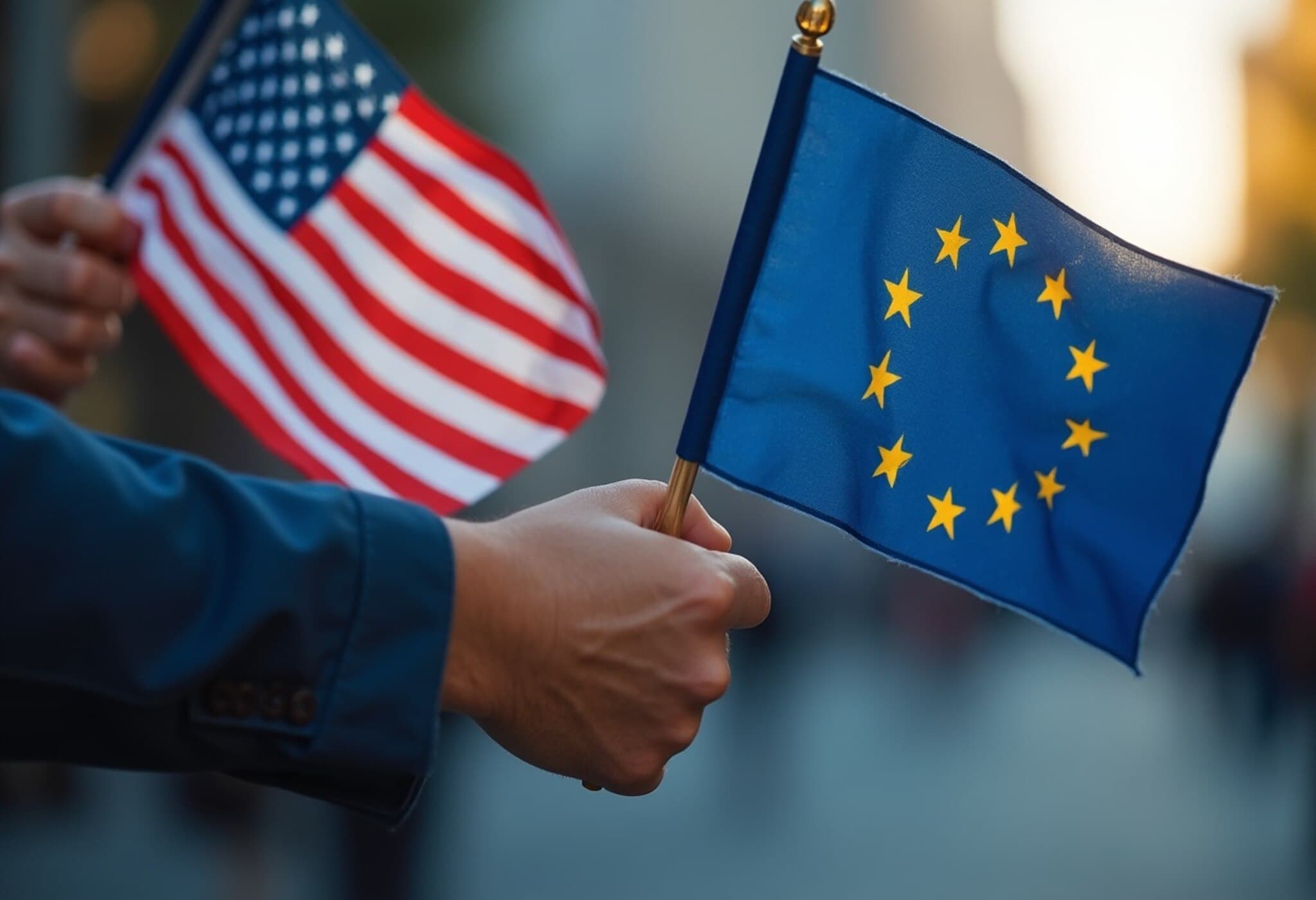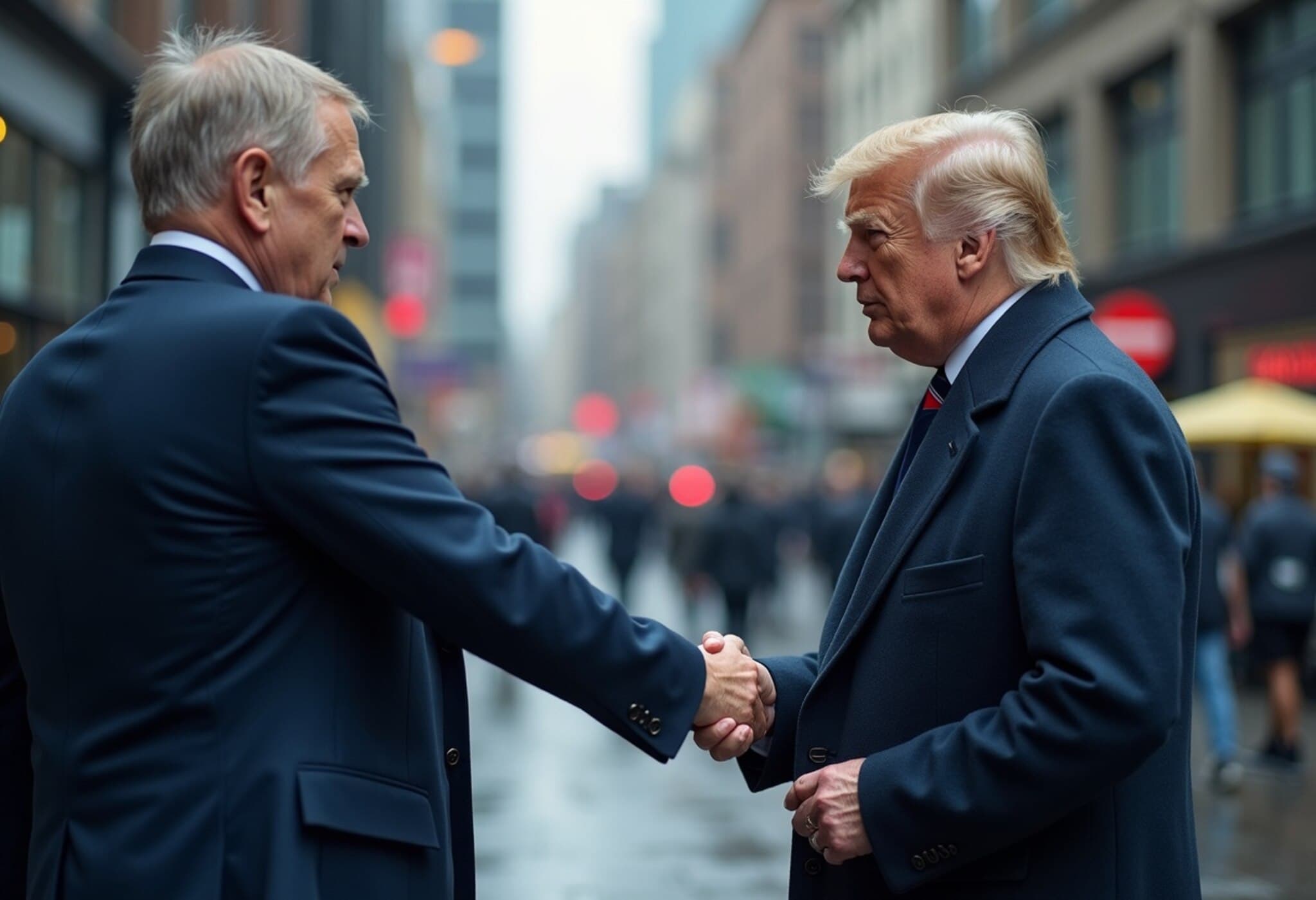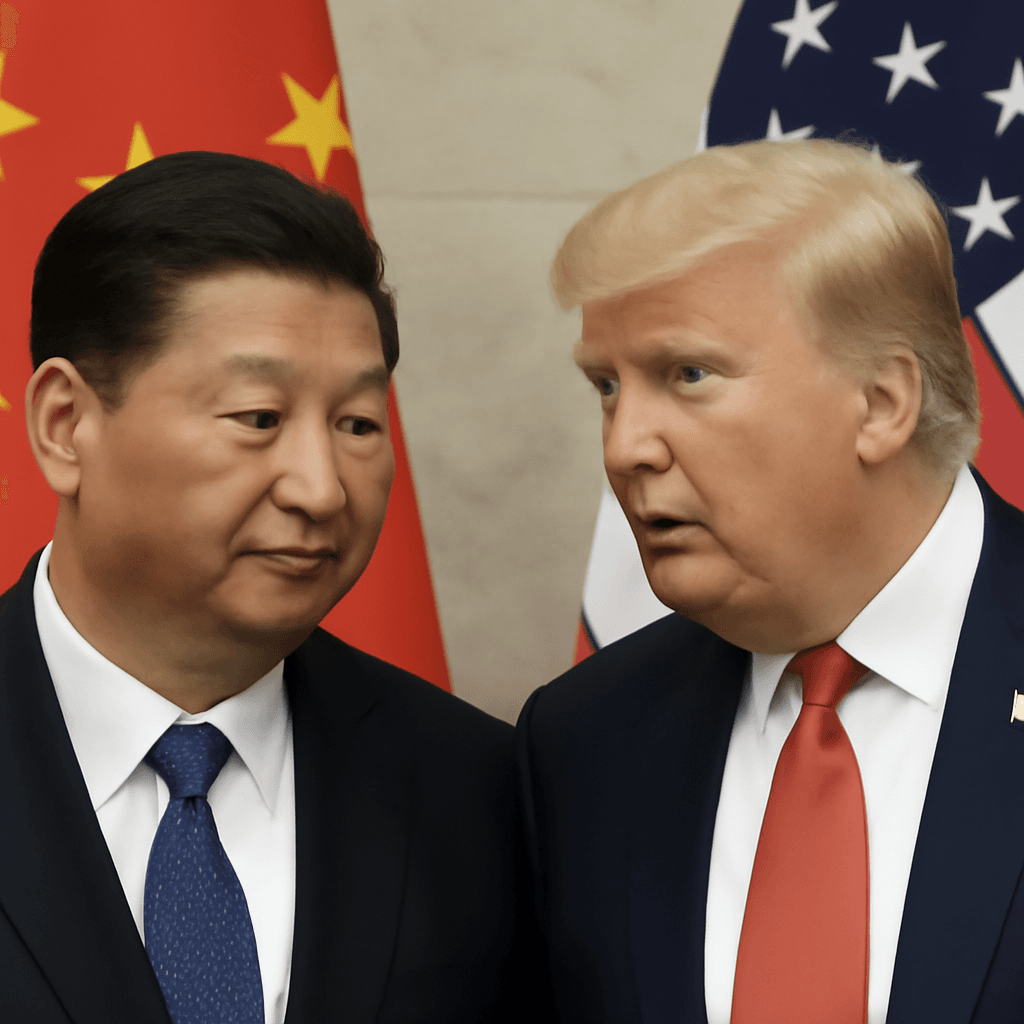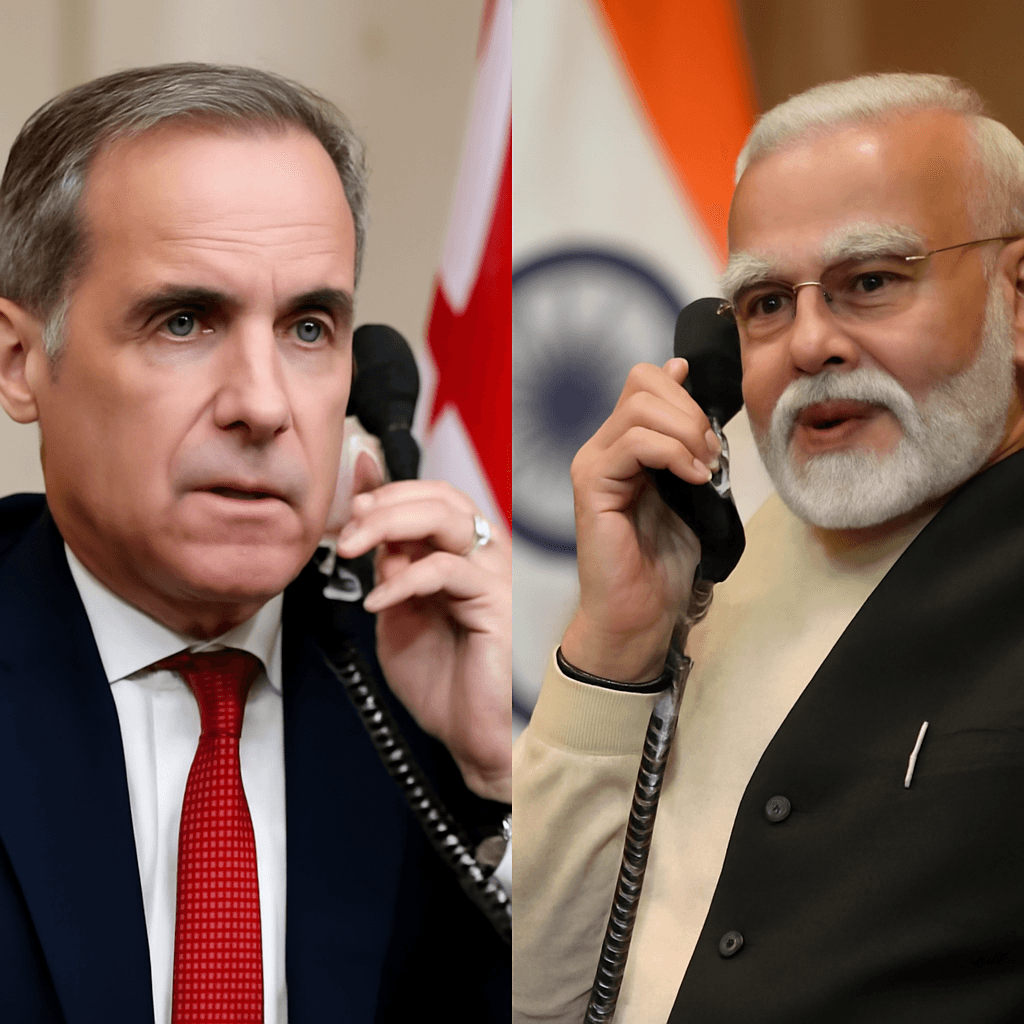South Korea’s New President Lee Jae-myung Engages with Trump on Key Issues
South Korea's newly elected President Lee Jae-myung held a significant phone conversation with former U.S. President Donald Trump, focusing on tariff negotiations and strengthening the bilateral alliance. The discussion comes at a critical time as the deadline to avert stringent U.S. tariffs on South Korean imports approaches.
Tariff Negotiations Take Center Stage
During the call, both leaders agreed on the importance of reaching a mutually satisfactory agreement regarding tariffs. The United States, under Trump's earlier administration, had imposed a 25% duty on imports from South Korea, which was temporarily suspended for 90 days to allow for negotiations.
Key points discussed include:
- Efforts to expedite tariff consultations to achieve tangible outcomes.
- Encouragement of ongoing working-level talks between the two countries.
Alliance Prioritized Amid Political Transition
Emphasizing the crucial role of the South Korea-U.S. alliance, Lee highlighted this partnership as the cornerstone of South Korea's diplomatic strategy. Both leaders commended each other's leadership qualities and reaffirmed their commitment to fortifying this long-standing alliance through close cooperation.
Upcoming Summit and Personal Exchanges
Trump extended an invitation to Lee for a summit in the United States, signaling intent for future face-to-face dialogue. Beyond official matters, the leaders exchanged personal anecdotes from their political campaigns, including overcoming assassination attempts and other challenges, illustrating their resilience and leadership.
Interestingly, the conversation included a lighter note with discussions about their golf skills and an agreement to play golf together when possible. Lee reportedly received a hat signed by Trump as a gesture of goodwill during the interaction.
Economic Challenges and Defense Cooperation
South Korea faces economic headwinds as its central bank recently revised its growth forecast downward from 1.5% to 0.8% for the year. Additionally, Trump’s decision to double tariffs on aluminum and steel to 50% poses further economic challenges for the country.
Security remains a vital component of the South Korea-U.S. relationship. The United States maintains approximately 28,500 troops stationed in South Korea under a five-year cost-sharing agreement reached last year. Seoul has agreed to increase its financial contribution by 8.3% to about $1.1 billion for 2026 to support this presence.
Looking Ahead
This initial call sets a positive tone for the Lee administration’s engagement with the United States, balancing economic diplomacy with strategic security interests. Both leaders appear committed to overcoming obstacles through continued cooperation and dialogue.

